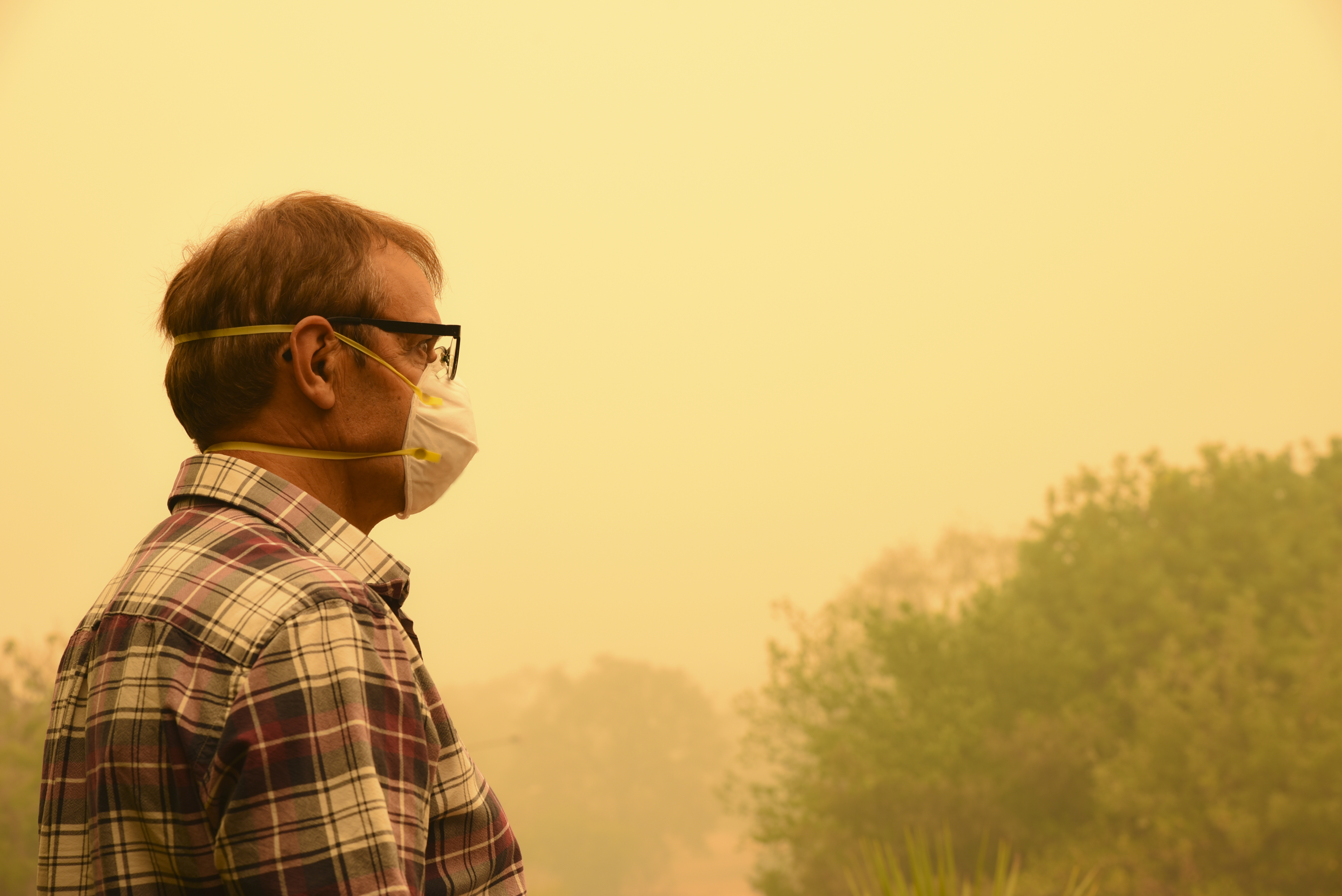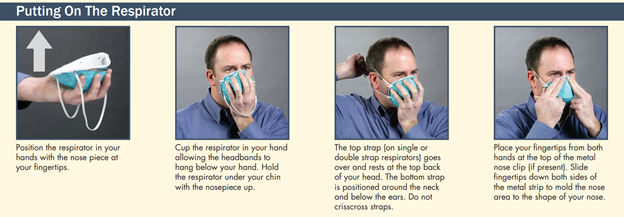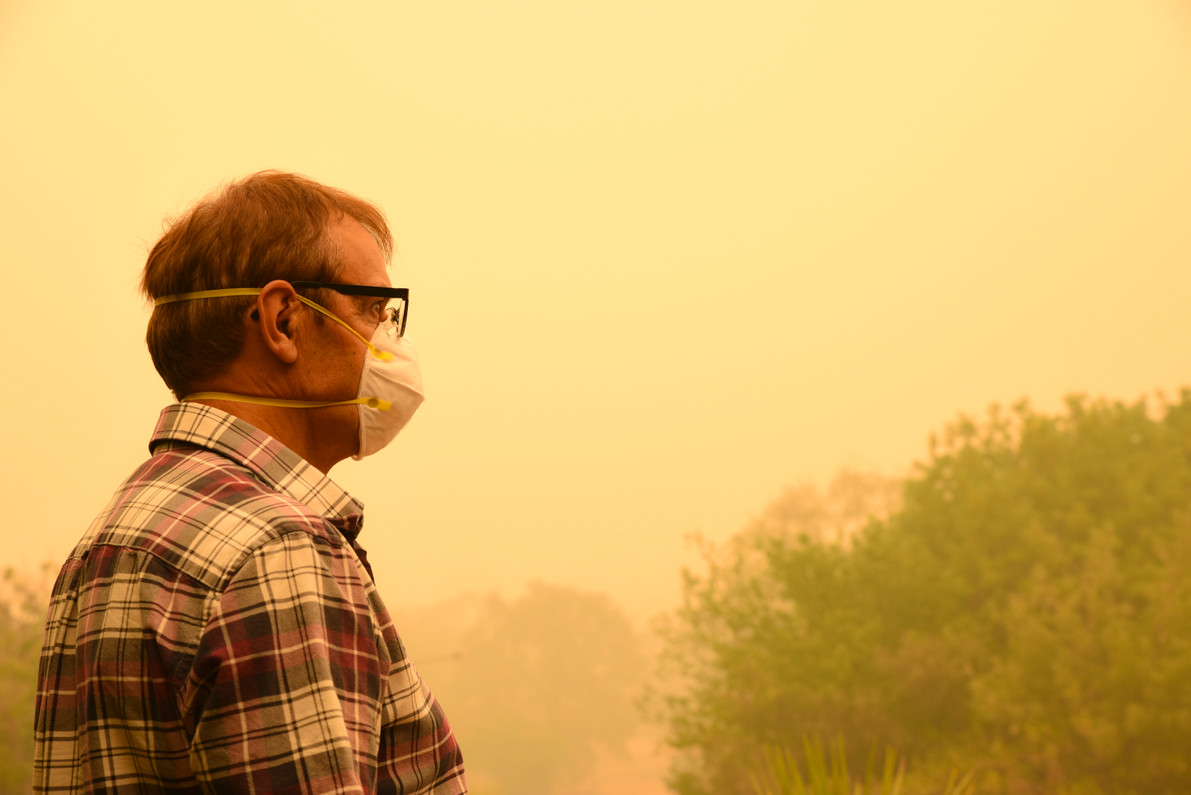Wildfire Safety: How to Limit Exposure to Smoke and Clean up Ash

Wildfires on the west coast and northern U.S. have become increasingly worse over the past few years. They are filling our skies with hazardous smoke and raining down ash on our homes. While our first responders work to combat the flames, we can do our part at home to keep ourselves healthy and safe.
Tips for protecting yourself during a wildfire:
- Remain indoors with windows and doors closed or seek alternate shelter
- Avoid vigorous physical activity
- Create a space in your home with filtered air if possible; use a portable air filter or an air conditioner. There are DIY air filters you can build yourself using a box fan and a furnace filter if no other options are available.
- Run your air conditioner if you have one – this helps to circulate the air in your home and prevents bringing additional smoke inside. If you don’t have A/C but you have a heater, many you might have the option of running the fan with only, with the heat off. This will also help trap particles in the furnace filter. Replace your furnace filter with a HEPA or other high-quality filter.
- Avoid using a fan or swamp cooler with an outside air intake, as this brings smoke particles indoors.
- Avoid using indoor or outdoor wood-burning appliances – including fireplaces and candles.
If you must leave your home, you should wear appropriate Personal Protective Equipment (PPE) to insure you are not exposed to smoke. Respirators such a N95, KN95, R95, or FFP2, when fitted properly, can help reduce your exposure. You should wear a respirator in any of the following applies to you:
- You must be outside for extended periods of time in smoky air or in ash-covered areas.
- You are experiencing health effects from the smoky environment, even if indoors.
Learning what respirators will work for your scenario and how to correctly wear them is key. Even if you have the correct face mask, if you do not wear it correctly it will not be beneficial to you.



What about Ash?
Besides the smoky air, it is also important to understand how to deal with the ash that settles over everything when there are nearby fires. If it is not dealt with correctly, ash can be harmful to you and your loved ones. Use the following guidelines to safely deal with ash and ash clean up.
- Wear a close-fitting respirator that is rated N95 (KN95 or FFP2) to prevent inhaling ash.
- Wear protective gloves, long sleeved shirt, long pants, socks and shoes to avoid skin contact with the ash.
- Avoid using a leaf blower, since it only spreads the ash and blows it back into the air.
- It is not recommended to use shop vacuums, common vacuum cleaners and other non-HEPA filter vacuums. You may be able to use HEPA vacuums, if available.
- Remove shoes before entering your home or use “sticky mats” or a boot wash station in entryways and doorways to remove dust and ash from your shoes.
- Gently sweeping indoor and outdoor hard surfaces, followed by a wet mopping is usually the best procedure. Use a damp cloth on areas with light ash dust.
- Use a gentle low-pressure stream of water to clean outside items that you cannot sweep, while wearing a mask. Don’t allow ash to go down storm drains.
- If you do get ash on your skin, wash it off as soon as possible.
- Do not let children play in ash and wash off toys before children play with them.
- Keep pets indoors when possible. Ash is abrasive and can do permanent damage to your pet’s eyes. Ash can also cause respiratory problems for pets and prolonged exposure can be fatal for animals.
- If pets go outside, brush or vacuum them before letting them indoors
- Regularly clean outdoor food and water bowls for pets and livestock
Resources:
California Department of Health, Emergency Preparedness Office: https://www.cdph.ca.gov/Programs/EPO/Pages/Wildfire%20Pages/Safe-Cleanup-of-Ash.aspx
South Coast AQMD, “Wildfire Smoke and Ash Health & Safety Tips”: http://www.aqmd.gov/home/air-quality/wildfire-health-info-smoke-tips
Recent Posts
-
Disinfecting Surfaces in the Era of Covid and EPA Registered Commercial Disinfectants and Viricides
The disinfection of surfaces at home, in public spaces, and in hospitals and clinics needs to be a …15th Jan 2023 -
Working with Inorganic Acids in the Laboratory: A Practical Guide
Working with Inorganic Acids in the Laboratory Acids are of great importance in the laboratory and a …5th Jan 2023 -
The Top 12 Drinking Water Contaminants
1.Lead- from older plumbing systems pre-1986, when lead pipes, solder, and components were banned. …14th Dec 2022

